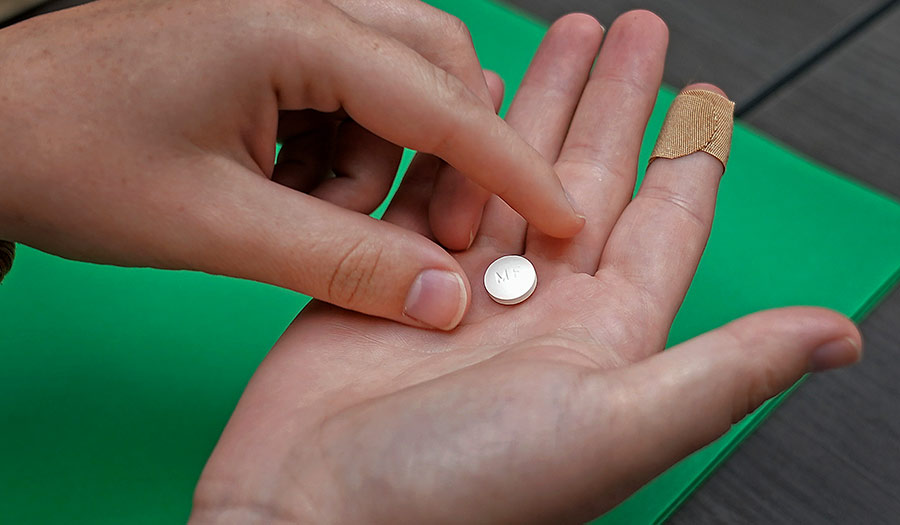 AP/Charlie Riedel
AP/Charlie Riedel
World News Desk
Learn the why behind the headlines.
Subscribe to the Real Truth for FREE news and analysis.
Subscribe NowReuters – The proportion of U.S. abortions administered by medication rose to more than 60 percent in 2023, following a dramatic decline in surgical abortion access after the U.S. Supreme Court overturned Roe v. Wade, a report said on Tuesday.
The Supreme Court’s 2022 decision to end abortion rights allowed more than a dozen states to ban abortion with limited exceptions and close clinics, restricting access to surgical abortion procedures.
That in turn led to a growing reliance on a two-pill regimen to terminate pregnancies, with U.S. abortions administered by pill increasing 10 percent since 2020, according to the Guttmacher Institute, an abortion rights advocacy group.
The Institute’s report is published every three years and is based on data collected from U.S. abortion providers.
The survey found over 1 million total abortions were provided through the U.S. healthcare system in 2023, the first time that number exceeded a million since 2012.
“As abortion restrictions proliferate post-Dobbs, medication abortion may be the most viable option—or the only option—for some people, even if they would have preferred in-person procedural care,” said Guttmacher principal research scientist Rachel Jones, referring to the Supreme Court case that overruled Roe v. Wade’s 1973 precedent.
However, access to medication abortion also hangs in the balance.
The U.S. Supreme Court is scheduled to hear oral arguments on March 26 dealing with a bid by President Joe Biden’s administration to preserve broad access to mifepristone, one part of the two-pill regimen that the Food and Drug Administration (FDA) approved in 2000 for terminating early pregnancies.
The method involves two drugs, taken over a day or two. The first, mifepristone, blocks the pregnancy-sustaining hormone progesterone. The second, misoprostol, induces uterine contractions.
The New Orleans-based 5th U.S. Circuit Court of Appeals decided in August to reimpose restrictions on mifepristone’s delivery and distribution that the FDA had loosened to ease access during the COVID-19 pandemic. That decision is on hold pending Supreme Court action.
The FDA maintains the drug is safe and effective, pointing to its decades of use by millions of American women with exceedingly rare adverse effects.
The Guttmacher survey found the 2023 increase in total abortions was concentrated in states where terminating a pregnancy remains legal and which are adjacent to states that have banned abortion.
The survey likely undercounted the number of abortions in the U.S. since it did not account for terminations obtained outside the formal U.S. healthcare system, such as those done with pills mailed from abroad.
To learn more, read Who Settles the Abortion Debate?
- Real Truth Magazine Articles
- POLITICS
 Who Settles the Abortion Debate?
Who Settles the Abortion Debate?
More on Related Topics:
- Ecuador Prison Deaths Climb Again Despite President’s Security Strategy
- Haiti Faces a Sexual Violence and Abuse Crisis as Gang Violence Spreads, Health Charity Warns
- As Haiti Faces Further Political Turmoil, the UN Signals More Troops on the Way
- Hopeful Yet Wary, Venezuelans Across Latin America Mull Going Home
- Their Homes Survived the Historic LA Area Wildfires. A Year Later, They Fear Living in Them


